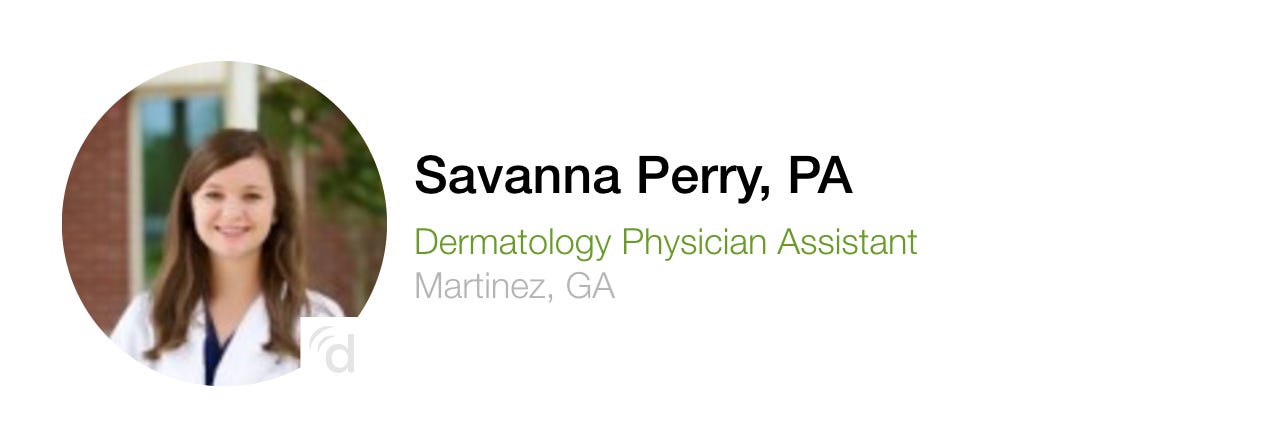
Discussing finances tends is very personal and somewhat taboo. It certainly isn’t discussed often in the workplace, and many of my friends and colleagues who are also physician assistants are just as confused as I am when it comes to 401Ks and stocks and bonds. If you find these tips too basic or feel you have some advice to contribute, please comment and share your wealth of knowledge.
-
Start saving now. It’s never too early to start saving and investing your hard earned dollars, but at some point, it can be too late. The financial side of being a physician assistant is rarely covered during PA school, which is unfortunate. We’re fortunate to have great salaries, but we must plan for our own retirement. The prospect of saving money appears intimidating with student debt lingering, but by saving instead of splurging, it’s possible to retire early or put in less hours in the future. When I graduated from PA school, I would spend my money on anything my heart desired, and then use whatever was left for student loans or savings. Not my most brilliant plan. After two months of that, I realized I was making a huge mistake and adjusted my priorities. I’ve been investing significantly since then, and that brings me to number 2.
-
Get rid of debt. After my short stint of shopping sprees, I was ready to start throwing money at my student loans. They felt like a huge black cloud over my head. Luckily, I avoided credit card debt, but that is a common problem for many students coming out of PA school and even practicing PAs. I’m a big fan of the snowball method of paying off debt. At the simplest level, this technique means paying off the smallest debts first and working your way up to the larger debts so the momentum encourages you to reach your goals. I can attest to the fact that it feels awesome to have a loan completely paid off.
-
Know your worth. Part of making sure that the funds you’ll need in retirement are there is ensuring that you’re getting the money you deserve. This comes down to being strong in negotiations and asking for what you want. If you think you’re entitled to a raise because of the hard work you’ve put in, then you need to ask for it. And even better if you can have raises built into your contract. If you feel that you are being undervalued in a current position, you have two options. Address it head on and ask for more, while being prepared to leave if you don’t get the response you want, or just go ahead and start looking for a new position. One of my favorite tips is to never stop looking for a job. Even if you love your position, know the demand for your area and how other PAs are being compensated.
-
Learn as much as you can about saving and investing. At the end of the day, you need to take care of yourself. The best way to do that is to make sure you’re as knowledgeable as possible. There are great resources online, like The White Coat Investor, and tons of books. It’s good practice to read at least one financial book each year so that you stay in the loop when it comes to your own finances.
-
Find a mentor or advisor. To piggyback off of the last tip, you want to find someone you can talk to about finances who knows more than you do, while still remembering that usually you’re the only one with your best interests in mind. I constantly try to get advice from family members who are dentists and physicians to see what they’ve learned about managing their finances. I even discuss this with my supervising physician, and she’s quick to agree that taxes are the worst. A traditional financial planner may also be helpful, but it’s important that you’re taking an active role in your investments as well because using that professional help comes with a cost, and sometimes the advice may not get you the best result.

Savanna is currently practicing full-time as a physician assistant in dermatology, while also running The PA Platform, which is a site that provides information about the PA profession and helps hopeful Pre-PA students achieve their goals. She is also a 2017–2018 Doximity Fellow.







